We all know vitamin C as a nutrient that we need to get from food. But did you know that most other types of animals make the molecule internally? Most species have genes to produce vitamin C! Vitamin C is the key antioxidant in animals, and its bio-active properties are essential for life and the survival of most species. Also, for humans! So why don’t we have functional genes, too? And why does this mean that we need way more vitamin C than we thought?
The dysfunctional vitamin C gene – and the evolutionary explanation for it – is truly surprising and has far-reaching implications for understanding the human diet!
For quick readers:
Why do humans not synthesize vitamin C, while most mammals do? To understand this apparently nonsensical evolutionary quirk, we need to know one well-kept secret: Broken vitamin C genes are unique to species with a fruit-rich diet, also called frugivores. Humans require vitamin C from food because we come from a highly frugivorous ancestry. More importantly, the natural human diet is still fruit-based. Humans are still frugivores! Not being aware of this, we do not include nearly as much fruit (and therefore vitamin C) in our modern diets as we have adapted to eat! Read how much vitamin C we should – naturally – get on a daily basis here.
In this article, you will see evidence that lost vitamin C production is a trait unique to frugivores. So let’s dive in:
Wait, What? Humans have lost their vitamin C genes?
Yes, humans cannot synthesize vitamin C, but most mammals do. We have “broken” genes in this regard, we carry a pseudogene called GULOP.
But why? What does this gene loss tell us about the natural human diet? It obviously means that we need to get a certain amount of vitamin C from our diet, while other species do not.

Omnivorous, carnivorous, and even herbivorous mammals – like dogs, cats, cows, rats, rabbits, elephants, most bats, and some birds produce vitamin C with their own metabolism. Thus, they have no need to obtain it from their diet.
The mystery of mutated vitamin C genes: The frugivore gene?
In 2010, an article in Nature about the loss of vitamin C production called “The Mystery of Vitamin C” could not find the answer as to why humans took this evolutionary turn:
“We still do not know why humans lost the capability of synthesizing vitamin C. This event probably had evolutionary significance.”
The author de Tullio calls the loss of such a vital gene an “apparent paradox,” as it does not make sense in evolution to lose such a vital function. The answer, however, becomes apparent when looking at the pattern among animals that have also lost their ability to synthesize Vitamin C.
Only frugivorous species lose their vitamin C production among different mammalian taxa – because their diet contains sufficient amounts of vitamin C. Those animals have a mutation in the GULO gene that renders the gene a dysfunctional “pseudogene.”
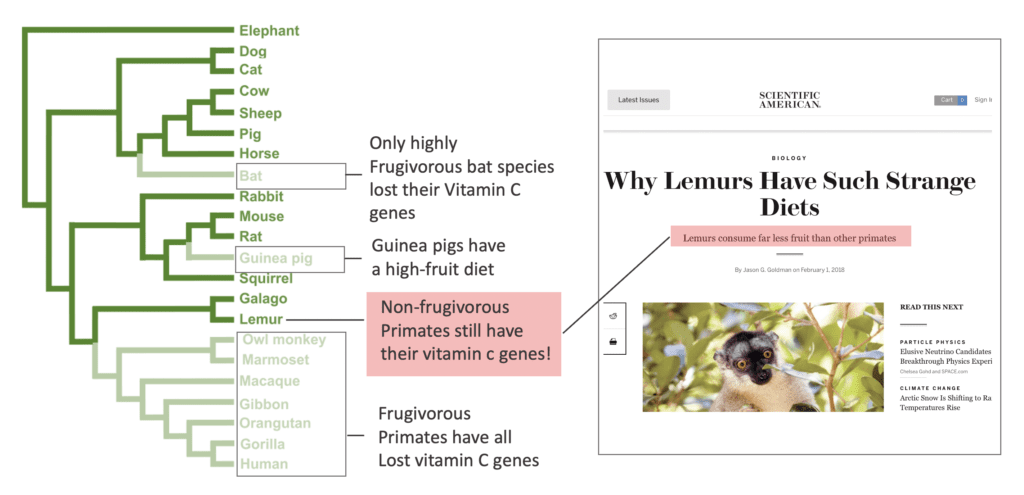
Figure: A telling case of convergent evolution: Vitamin C gene loss has occurred independently in species with a high fruit diet (high vitamin C intake). This phylogenetic tree by Drouin et al. (2011) illustrates the ability of different mammals to produce vitamin C. Dark green species have functional genes, light green species do not. Screenshot from scientific american, showing that Lemurs (a primate with functional vitamin C genes) consume far less fruits than other primates”.
Humans, and most other primates, are not entirely alone with their dysfunctional vitamin C genes: This is a mutation that re-emerges in frugivores because frugivores take in large amounts of vitamin C from fruits. Across birds (many birds are frugivores), functional vitamin C genes were lost, and have even reappeared in birds that do not eat fruits.
Only frugivorous species obtain sufficient vitamin C from their natural diet! Humans share the Vitamin C-loss characteristic with other frugivores, like frugivorous bats, guinea pigs, and all primates. With this dietary pattern, the seemingly malfunctioning genetic mismatch starts to make sense – and can even be beneficial, as the organism saves energy by outsourcing energy-intensive metabolic tasks.
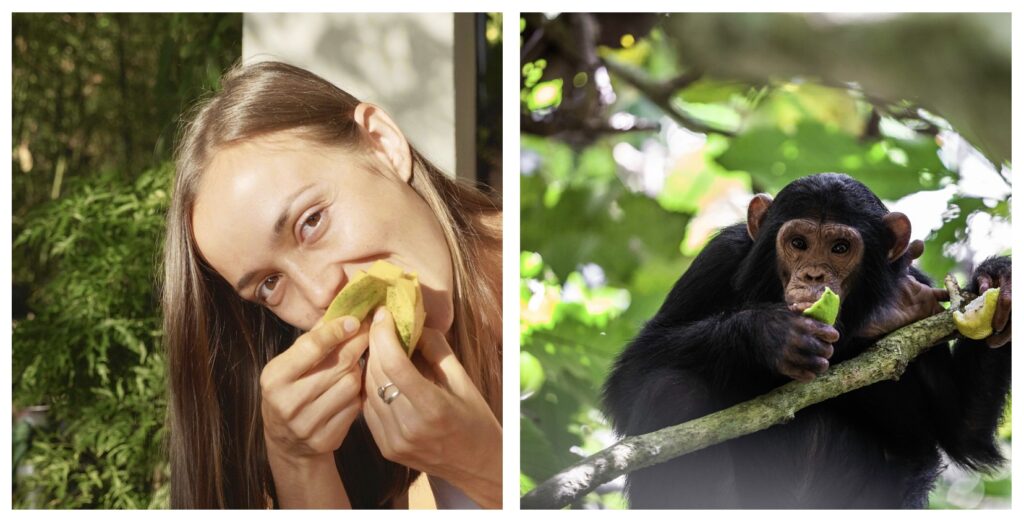
Outsourcing the production of vitamin C helps the body save energy and invest it in other metabolic tasks. This is why losing a functional gene can be an advantage in evolution. Nature saves energy, and the most energy-efficient genotype is successful, which is why unnecessary genes are lost.
Once again, in so many other topics in health, nutrition and evolution, things just start to make sense when frugivory (humans being specialized fruit-eaters) comes into the picture!
Not convinced yet that we naturally have a high-fruit diet? Check out our article on the adaptive characteristics of frugivorous primates and humans!
Humans compensate for their broken vitamin C production
Species without functional vitamin C production, compensate for their lack not only through a vitamin C-rich diet, but also through effective vitamin C uptake and recycling (source): Our billions of red blood cells take up the oxidized (already used) form of vitamin C (DHA) and transform them back into the active form. Red blood cells carry a large number of transporters (GLUT 1) on their surface, which favor taking in DHA over glucose.
This adaptation is not present in species that produce vitamin C, as their red blood cells hardly take up DHA.
What is a frugivorous diet?
To understand how humans can be categorized with other specialized fruit-eaters, we must understand more about the role of fruits in the diet of apes and in the diet of our ancestors.
Frugivores are animals whose preferred food is fruits and thus have adaptations for foraging fruits. Highly frugivorous animals eat mainly fruits, but most frugivores also eat other types of foods. Frugivores can be a sub-class of omnivores or herbivores. Chimpanzees, for example, are frugivorous omnivores.
Frugivorous primates eat ripe tropical fruits, greens, nuts, and tubers, but also eggs, insects, and some also eat meat from time to time. Read more on the diet of chimpanzees here.
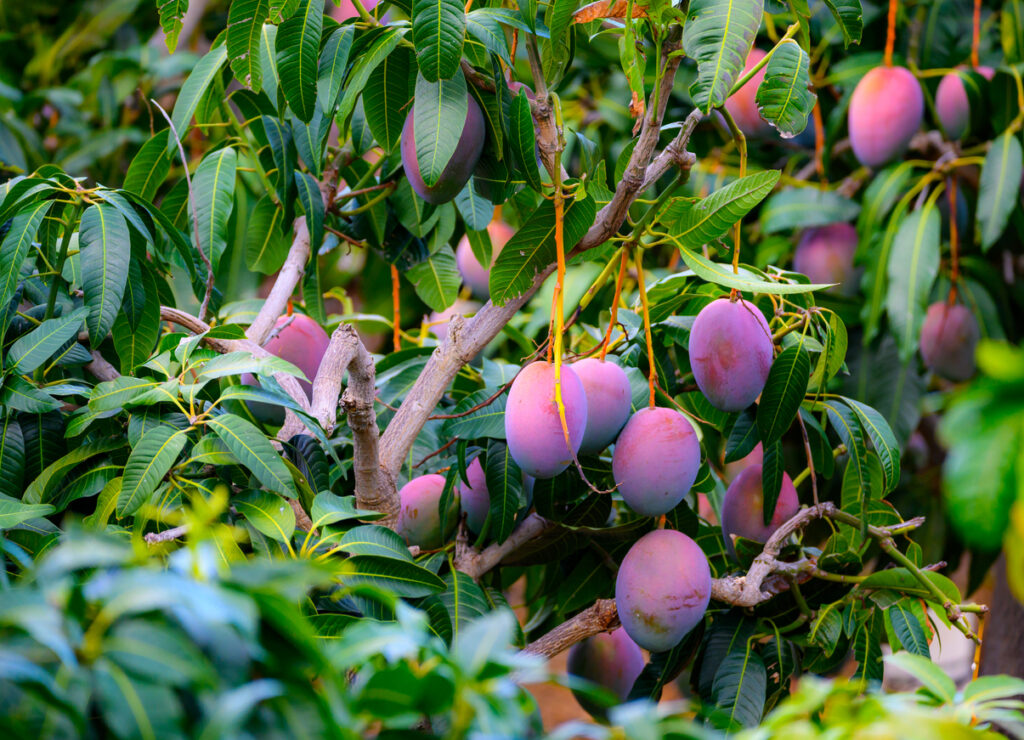
Conclusion: The natural human diet contains much more fruit than we think, and we might have genetic proof for it!
While this is a topic of debate, with highly varying opinions, the fact remains that we have lost our vitamin C production as a species. I do not use the word “proof” loosely, but the dysfunctional GULO gene (or GULO Pseudogene) is strong evidence that human biology demands a diet high in vitamin C and fruit for optimal biochemical integrity and health – because we are frugivores! In other words, the human species-specific diet contains high amounts of fruits in nature and, thus, vitamin C.
Due to migration in colder habitats and consequent survival foods, humans have culturally adopted diets that do not contain nearly as much vitamin C as we naturally would get from our species-specific diet. Consequently, most modern diets are “deficient” in fruit! We, naturally should obtain around 2000 – 3000 mg daily for adults (read more here). This is why vitamin C is such a huge deal in health – we constantly fall short in our most important antioxidant! It is also one reason why a high-fruit diet is a must in addressing the root cause of the sad state of health we see in the world today!
To know more about the “human version” of a frugivorous diet, also visit our guide.
Last updated on:
References
- T. H. Jukes, J. L. King, Evolutionary loss of ascorbic acid synthesizing ability. Journal of Human Evolution. 4, 85–88 (1975), doi:10.1016/0047-2484(75)90002-0.
- G. Drouin, J.-R. Godin, B. Page, The genetics of vitamin C loss in vertebrates. Current Genomics. 12, 371–378 (2011), doi:10.2174/138920211796429736.
- M.C De Tullio, The Mystery of Vitamin C. Nature news (available at https://www.nature.com/scitable/topicpage/the-mystery-of-vitamin-c-14167861/).
- J. G. Goldman, Why lemurs have such strange diets. Scientific American (2018) (available at https://www.scientificamerican.com/article/why-lemurs-have-such-strange-diets/).
- G. Drouin, J.-R. Godin, B. Page, The genetics of vitamin C loss in vertebrates. Current Genomics. 12, 371–378 (2011), doi:10.2174/138920211796429736.
- How humans make up for an ‘inborn’ vitamin C deficiency (2008) ScienceDaily. Available at: https://www.sciencedaily.com/releases/2008/03/080320120726.htm (Accessed: 31 July 2023).
- Scerri, E.M. et al. (2022) ‘Tropical forests in the deep human past’, Philosophical Transactions of the Royal Society B: Biological Sciences, 377(1849). doi:10.1098/rstb.2020.0500.


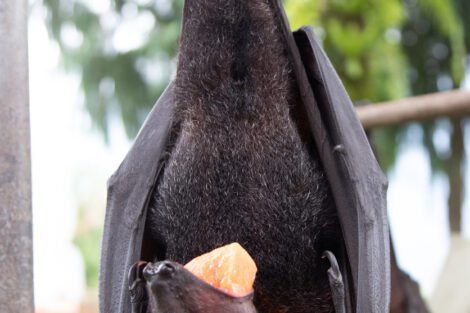
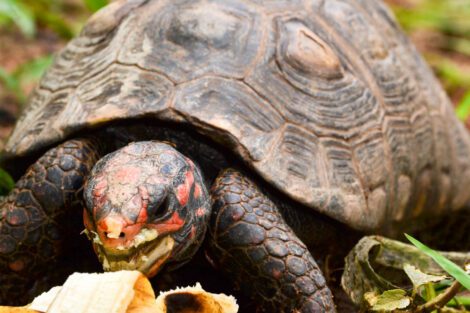
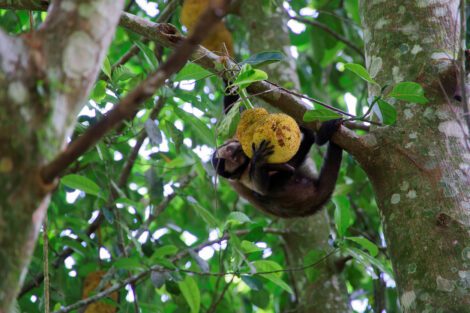
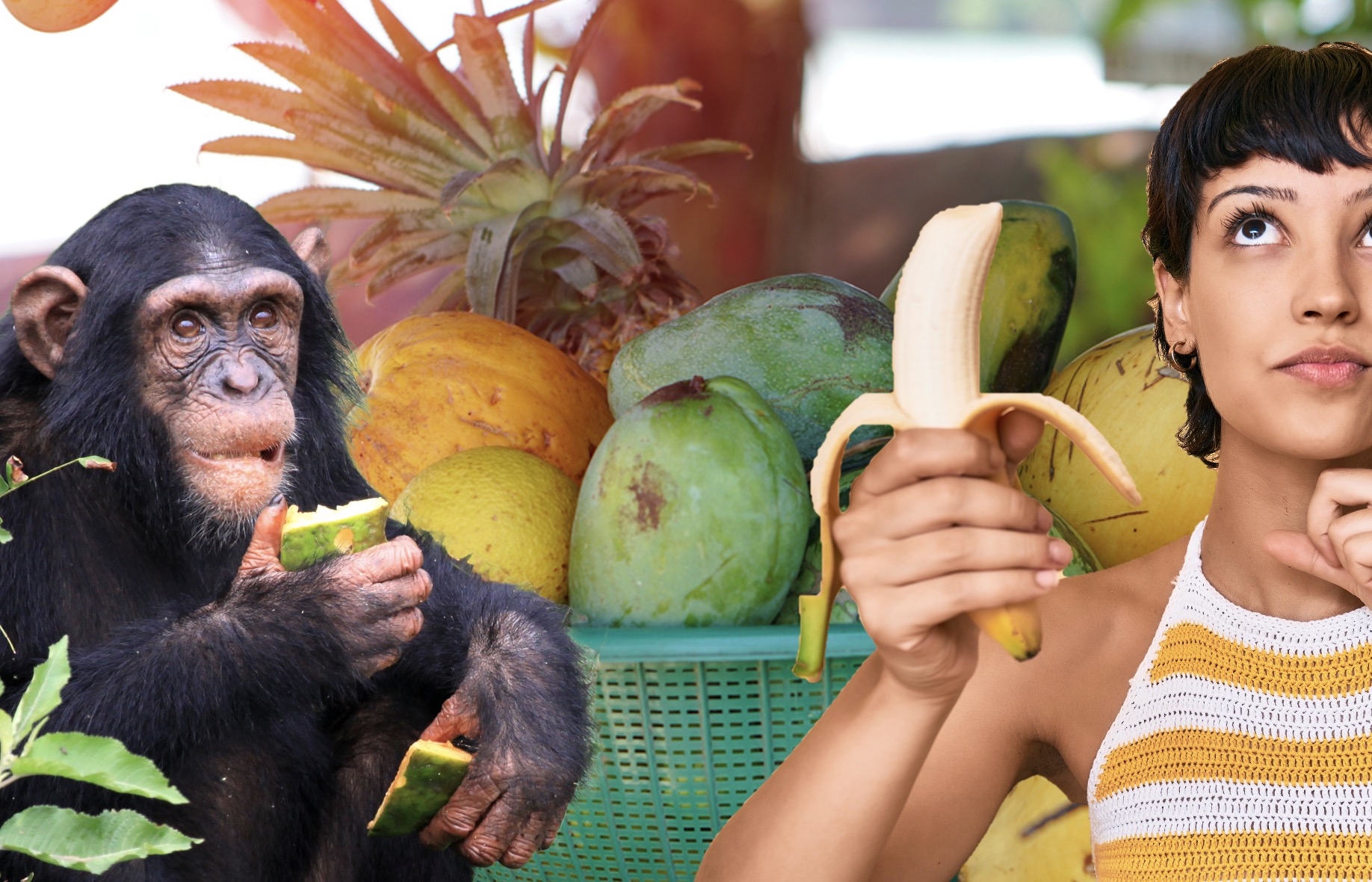
Add Comment